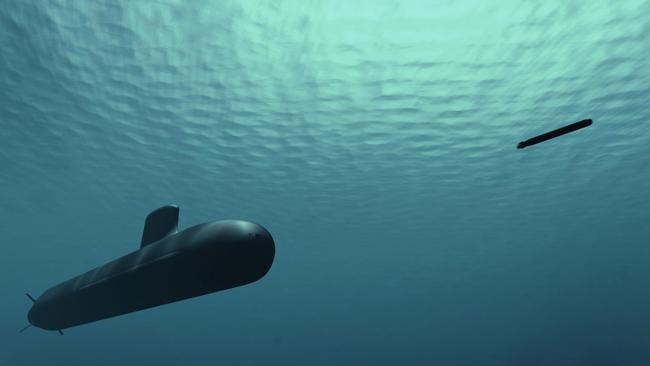International lab to build on universities’ work in advanced AI
A new French-led international research laboratory will open in Adelaide later this year.

A new French-led international research laboratory will open in Adelaide during the second semester this year, according to its co-director-elect, the University of Adelaide’s Anna Ma-Wyatt.
The lab will be established by French government research agency Centre Nationale de la Recherche Scientifique (CNRS), the equivalent of Australia’s CSIRO, with four Australian partners: Adelaide University, the University of South Australia, Flinders University and Sydney-based company Naval Group Pacific.
The laboratory’s purpose is to enhance scientific collaboration between South Australia’s universities and CNRS and French maritime and renewables giant Naval Group, parent to Naval Group Pacific.
Progress has been slowed by the COVID-19 crisis, but the director of the lab will be named later this year. Associate professor Ma-Wyatt would be his or her deputy, she said.
The international research lab will be only the fifth international joint laboratory established outside France by CNRS, which employs 33,000 staff. This initiative builds on successful collaborations between the three SA universities and CNRS research laboratories, such as Lab-STICC, located at the elite ENSTA Bretagne engineering school in Brest in France.
The exact figures haven’t been disclosed as yet, but The Australian understands that all five participants will contribute to the international research lab in cash and in kind, though CNRS’s contribution will be the biggest.

Professor Ma-Wyatt said the lab’s research focus would be human-autonomy teaming, an exciting area of research at the interface of artificial intelligence, engineering, psychology and computer science.
“Recent advances in AI and machine learning algorithms, computer science and technology to measure human behaviour will transform our lives,” she said.
“Human operators will co-operate with high-level automata, robots or adaptive information systems able to produce knowledge and to explore the physical or informational environment on their own.”
These challenges represented an opportunity to transform how submarines were used as well as how they were built. They also were inherently interdisciplinary problems requiring expertise from very different specialisations across all five participants, Professor Ma-Wyatt said.
Adelaide University had leading researchers in AI and machine learning, including its Australian Institute of Machine Learning, as well as human factors and human-autonomy teaming, she said.
“UniSA has leading expertise in immersive technologies, human-centred design and bio-behavioural measures of fatigue,” Professor Ma-Wyatt said. “Flinders University has leading expertise in underwater autonomous systems, machine learning and innovation and technology management.”
Naval Group Pacific was established last year to leverage the R&D investment of its French parent and seek out Australian research partners for both the international research lab and other projects, according to Margaret Law, the Sydney firm’s innovation and research manager.
The parent Naval Group invests up to €300m ($525m) a year in R&D, employs 1500 researchers in France, and has two joint research laboratories with ENSTA Bretagne in Brest and the Ecole Centrale de Nantes, respectively.
Through the company, the international research lab would be able to access and to contribute to Naval Group’s French R&D and expertise, Ms Law told The Australian. While the CNRS and three South Australian universities would be conducting research at a fairly low technology readiness level, Naval Group Pacific could take the resulting Intellectual Property right through to operational service, she said.
The company will also help sponsor several PhD candidates and postdoctoral research positions at the lab.


